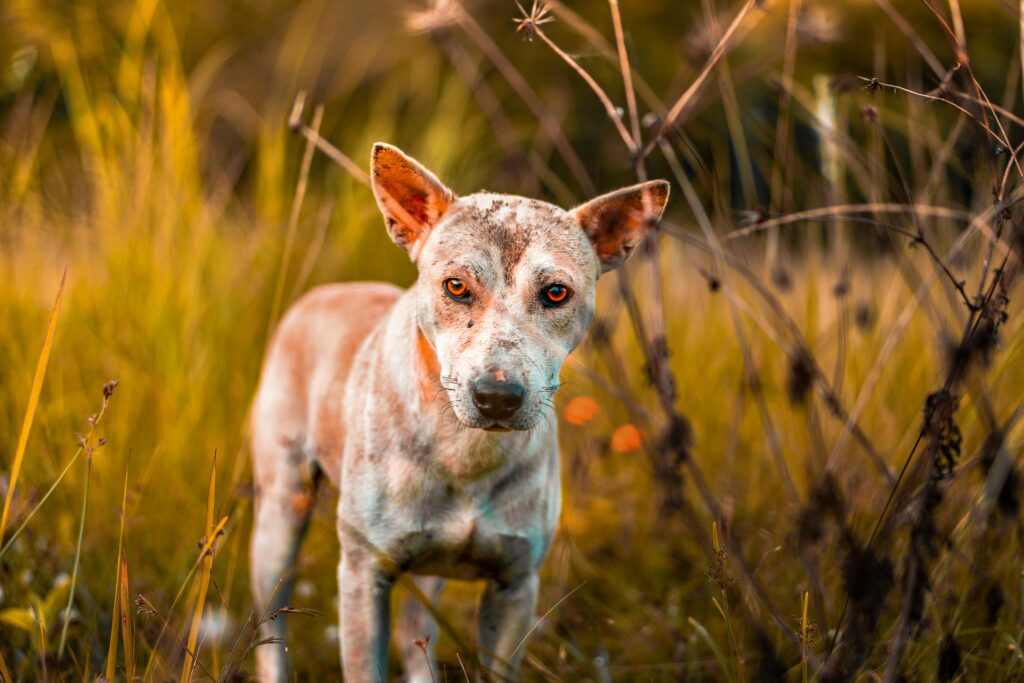
As a new puppy owner, one of your top priorities should be ensuring that your furry friend has healthy skin and a beautiful coat. Skin issues in puppies can be common, but many of them can be prevented with the right care and attention. In this blog, we will discuss essential tips for preventing skin issues in puppies and maintaining healthy skin and fur.
1. Regular Grooming is Key
One of the most effective ways to prevent skin issues in puppies is through regular grooming. Brushing your puppy’s fur not only keeps their coat clean but also helps to stimulate the skin, promoting healthy hair growth. Regular grooming also allows you to spot any skin issues early, such as rashes, bumps, or infections. Make sure to use a gentle brush designed for puppies to avoid irritating their sensitive skin.
2. Bathe Your Puppy Properly
Bathing your puppy too frequently or using harsh shampoos can lead to dry, irritated skin. It’s important to bathe your puppy only when necessary, and when you do, choose a mild, puppy-safe shampoo. These shampoos are specifically formulated to maintain the natural oils in your puppy’s skin, which help to prevent dryness and skin irritation.
3. Keep Your Puppy’s Environment Clean
A clean environment plays a big role in preventing skin issues in puppies. Regularly wash your puppy’s bedding, toys, and any items they frequently come in contact with. This helps reduce the build-up of dirt, dust, and allergens that could contribute to skin problems. A clean living space also helps prevent fleas and other pests that can irritate your puppy’s skin.
4. Watch for Fleas and Ticks
Fleas and ticks are not only annoying but can also cause significant skin problems for puppies. These pests can lead to itching, hair loss, and even infections if left untreated. Be proactive about preventing fleas and ticks by using vet-approved treatments. Regularly check your puppy’s skin for signs of fleas or ticks, especially after outdoor activities.
5. Feed Your Puppy a Balanced Diet
A healthy diet is crucial for maintaining your puppy’s skin and fur. Foods rich in omega-3 fatty acids, like fish oil, can promote healthy skin by reducing inflammation and dryness. Make sure your puppy’s food contains the right balance of nutrients to support their overall health and prevent skin problems.
6. Hydration is Important
Just like humans, puppies need plenty of water to stay healthy. Dehydration can lead to dry skin and a dull coat, so always ensure your puppy has access to fresh water throughout the day. Proper hydration supports your puppy’s skin, keeping it soft, smooth, and free from flakes.
7. Avoid Allergens
Some puppies may develop skin issues due to allergies, whether from food or environmental factors. If you notice your puppy scratching or licking excessively, it might be a sign of an allergy. Common allergens include certain foods, pollen, dust, or chemicals. If you suspect your puppy has allergies, consult your vet for guidance on managing them and keeping your puppy’s skin healthy.
8. Regular Vet Checkups
Routine vet visits are essential for maintaining your puppy’s overall health, including skin health. Your vet can help identify early signs of skin issues and provide treatments or advice on prevention. Regular checkups also give your vet the chance to spot potential skin conditions like infections, fungal issues, or parasites before they become serious problems.
Conclusion
Preventing skin issues in puppies is all about establishing a good routine of grooming, bathing, and nutrition, as well as maintaining a clean and safe environment for your furry friend. By following these tips, you can help ensure that your puppy’s skin stays healthy and their fur remains shiny and soft. If you ever have concerns about your puppy’s skin health, don’t hesitate to consult a veterinarian for professional advice and treatment.
Remember, happy, healthy skin and fur are a reflection of a happy, healthy puppy. At PetsDogPuppy, we’re dedicated to providing helpful resources to guide you through your puppy’s health and grooming journey.
